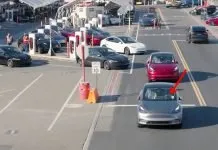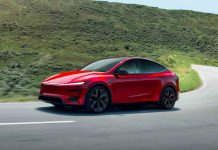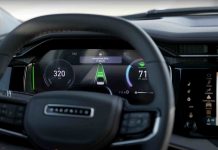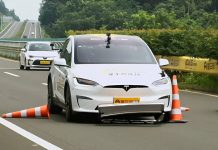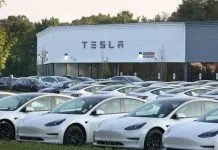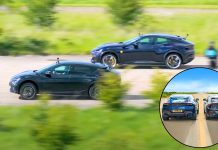Tesla has reportedly been discussing deploying Robotaxis in the city with Austin city officials since May 2024. The company has been in touch with Austin’s autonomous vehicle task force formed in 2023 to formulate a detailed safety roadmap for self-driving vehicles.
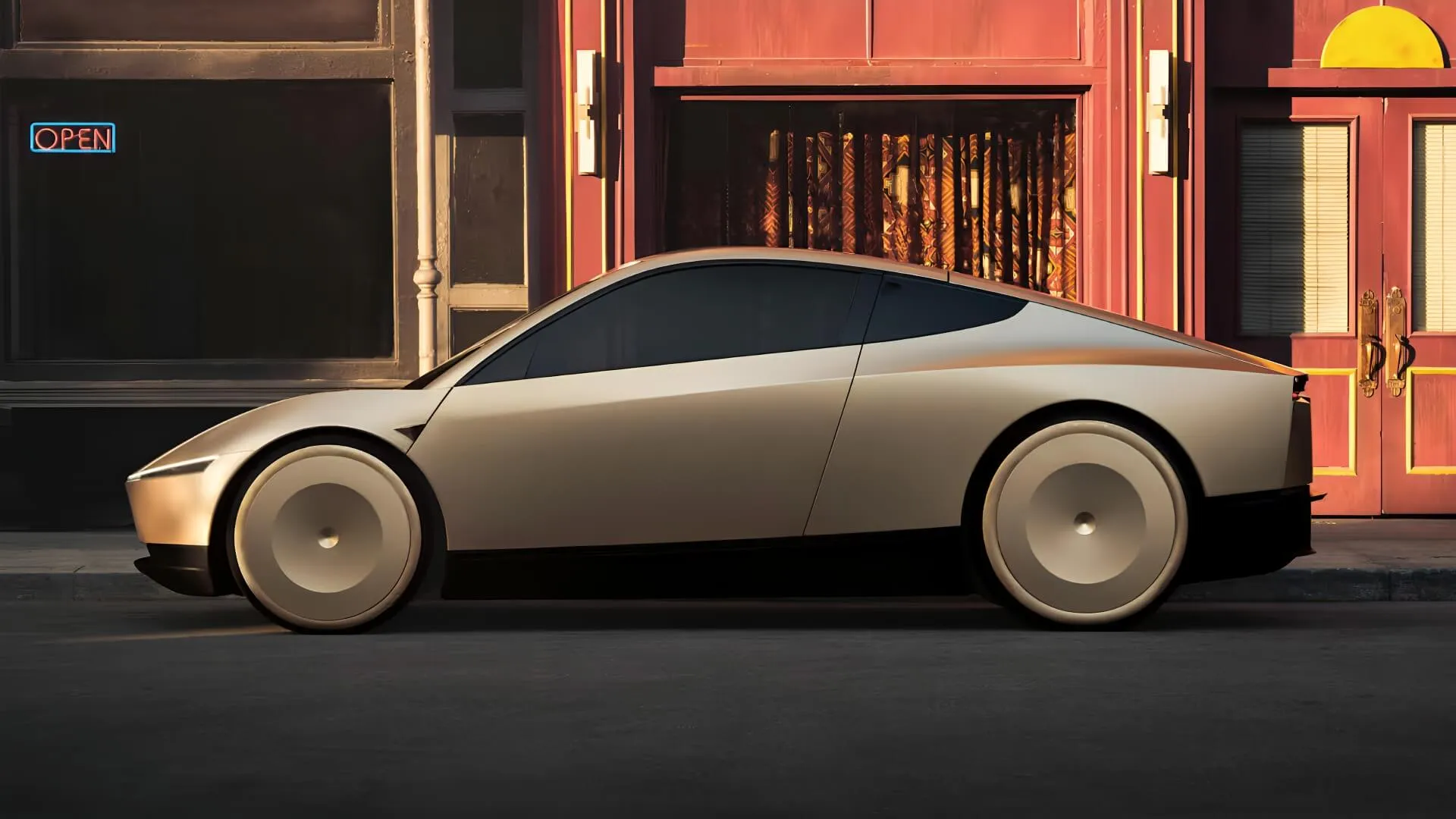
Key Collaboration Details
Austin has been ranked among the best cities in America for a tech-friendly environment and is one of the fastest-growing cities in the USA — making it the perfect ground for such a futuristic idea. The city’s officials have shown interest in using new transportation technologies to overcome some urban growth difficulties.
Behind the scenes look at Cybercab being loaded into the Peterson Automotive Museum pic.twitter.com/2uKwN2jTp7
— Nic Cruz Patane (@niccruzpatane) December 18, 2024
Initial discussions include discussions about practical, legal, and technical issues of adaptation of Robotaxis into the city framework. This initiative could significantly reduce traffic congestion, improve safety, and lower carbon emissions in one of the fastest-growing cities in the United States.
How Robotaxis Could Transform Austin
If the Robotaxi deployment proceeds, it could mark a transformative shift in urban mobility for Austin residents. Tesla’s self-driving cars are envisioned to offer efficient and cost-accessible green ridesharing solutions. The Robotaxis are expected to:
- Reduce Carbon Emissions: Since Robotaxi will be fully electric vehicles, they would help Austin reduce the usage of gas-powered vehicles in the city.
- Improve Traffic Flow: It could cut out the chances of human error, increase traffic flow, and decrease the amount of traffic within Austin City.
- Enhance Safety: The FSD in Tesla cars currently has safety features that can help eliminate accidents encouraged by distracted or inebriated drivers.
- Increase Accessibility: On-demand Robotaxis could offer first and last-mile transportation for use by residents who cannot afford personal vehicles.
Further, the project might fit other initiatives of Elon Musk in Austin. Tesla has also set up its Gigafactory Texas, where Cybertrucks and other models are manufactured; making Austin a city of strategic importance to the company.
Challenges Ahead
However, there are still important issues that need to be considered before the project gets under way especially considering the enthusiasm created by the Robotaxi project.
- Regulatory Hurdles: There is increased pressure by the regulators on autonomous vehicles. Tesla and other manufacturers of autonomous vehicles like CyberCabs will have to convince city officials that their cars are safe, and these Robotaxi will have to pass certain state and federal requirements.
- Infrastructure Upgrades: The city may need to invest in infrastructure improvements, such as dedicated lanes for autonomous vehicles or enhanced charging station networks.
- Public Acceptance: Once more, the public will have to be convinced to embrace the use of automated transport systems. Public acceptance is still low, and thus Tesla may need to undertake campaigns to make society understand the capability of the technology.
- Competition: As earlier pointed out, Tesla is not the only automotive company experimenting with self-driving ride-hailing. For example, Waymo and Cruise have already launched pilot projects in other cities, so Tesla’s Robotaxi plan increases the stakes.
Conclusion
Based on the cyber truck design, the Tesla Robotaxi presents a glimpse into the automated future. While negotiations with Austin locals continue, the world will be able to witness whether Tesla can push through the issues and achieve its goals.
The debates, irrespective of the direction of the particular project, give indications of the increasing influence of autonomous and electric vehicles in the prospects of the cities of the future. To Austin, Robotaxi might have sounded like a revolutionary move toward re-creating automobile transportation systems in cities.


